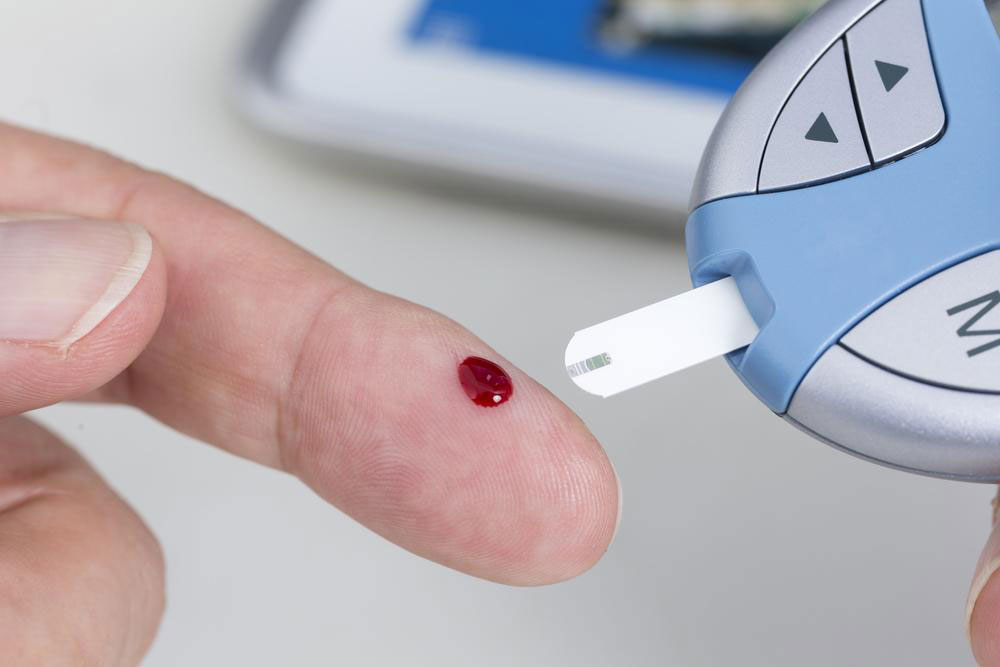Top 4 Causes of Blood in Urine You Should Know
Blood in urine, or hematuria, can signal serious health concerns like infections, kidney stones, or prostate issues. Recognizing the causes early is essential for effective treatment. Symptoms include discomfort, frequent urination, and visible blood. Prompt medical consultation is recommended if blood appears in your urine to prevent complications and ensure proper care. Keep alert to these warning signs to maintain your urinary health and overall well-being.

The human body has natural defenses against infections and illnesses, but sometimes these defenses are overwhelmed by more aggressive diseases or organ malfunctions. Detecting symptoms early is crucial for effective treatment. Blood in urine, medically known as hematuria, is a serious sign that indicates underlying health issues. Ignoring this symptom can lead to more severe complications in the future.
Hematuria signals that something isn’t right within the body. Here are four key causes of blood in urine:
Urinary Tract Infection (UTI): A common cause, UTIs occur when bacteria infect the urinary tract lining, leading to symptoms like blood in urine, frequent urination, burning sensation, and foul-smelling urine.
Kidney Stones: Mineral deposits shape into stones that can block urine flow. When these stones irritate or damage urinary organs, visible blood appears in the urine.
Intense Physical Activity: Heavy lifting or strenuous exercise can cause trauma to the bladder, resulting in blood presence in urine, signaling the need to moderate workouts.
Enlarged Prostate: A common issue as men age, where the prostate gland enlarges and compresses the urethra, causing obstruction and blood in urine.
If you notice blood in your urine, consult a healthcare professional promptly for diagnosis and treatment.
Note:
This article offers general health insights. For personalized medical advice, always seek professional consultation. The information presented is for educational purposes and may not cover all scenarios or recent updates.










